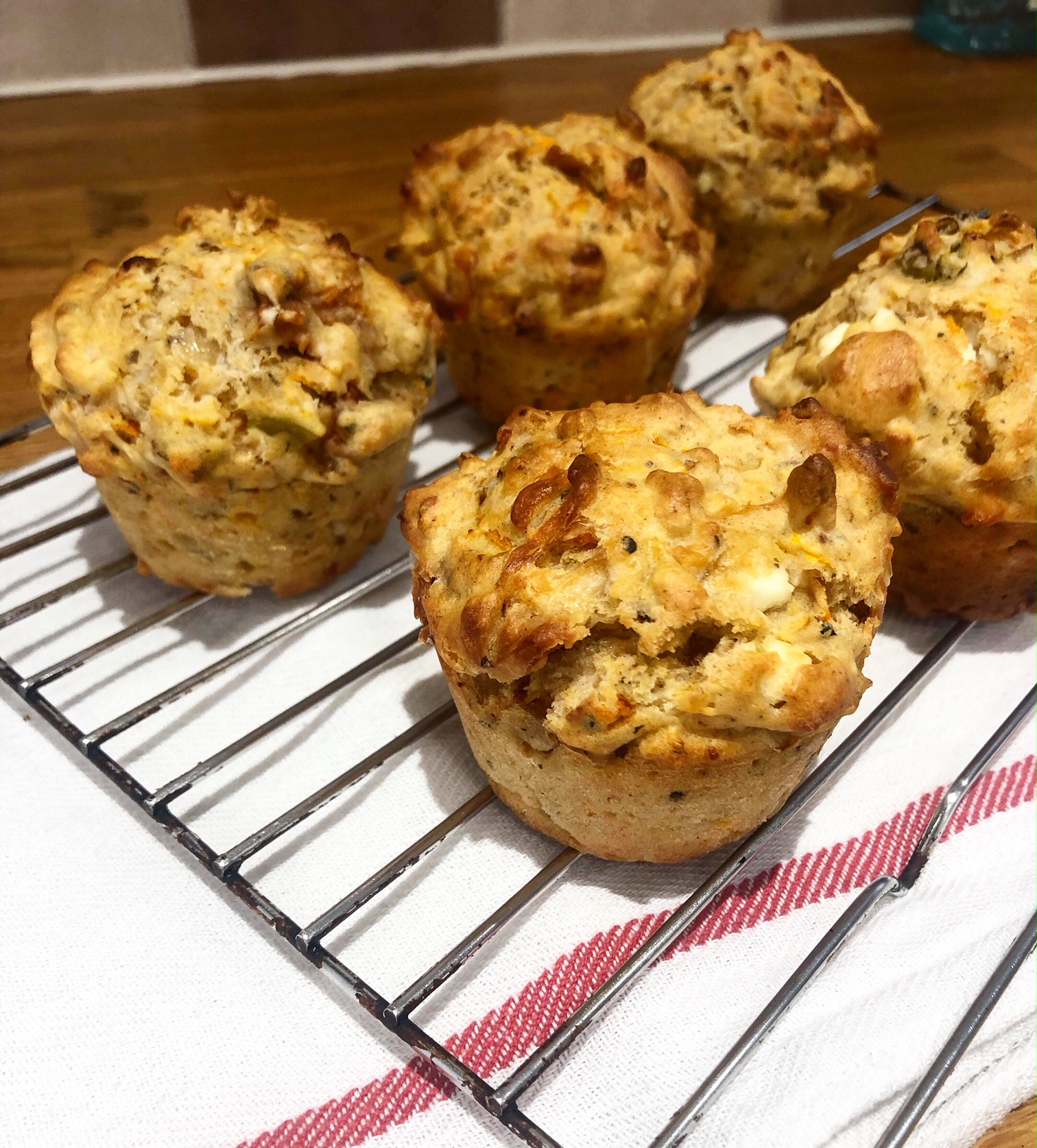
Makes 6 muffins
I’ve been testing this one for a while now but have finally mastered it. In Australia savoury muffins are basically found in every cafe and we often eat them for breakfast, but it’s not much of a thing here in the U.K.
I must admit, these are much nicer when warm, but do also make a good snack to be taken cold in a lunchbox.
INGREDIENTS
220g SR flour⠀
1 carrot, grated⠀
200ml milk⠀
1 large egg⠀
50g cheddar cheese, grated⠀
50g feta cheese, crumbled⠀
1 teaspoon ground ginger⠀
2 teaspoon dried oregano⠀
Salt & pepper⠀
65g pancetta⠀
3 spring onions⠀
1 tablespoon tomato chutney ⠀
METHOD
Preheat oven to 200C⠀
Grease a muffin tray with butter or olive oil. You’ll only need 6 moulds.⠀
Heat a small frying pan on a medium heat, lightly fry the pancetta and spring onions until golden brown. Leave to cool slightly. ⠀
Sift the flour. Then mix in the herbs, carrot and cheeses.⠀
Add the pancetta and spring onions to the flour mix.⠀
Whisk the milk, egg and tomato chutney together in a separate bowl.⠀
Pour this into the dry ingredients and mix together well. If it’s a little dry, add a dash more milk. It should be quite a thick consistency. ⠀
Place evenly in 6 muffin moulds.⠀
Bake for 20 minutes until a skewer comes out clean.

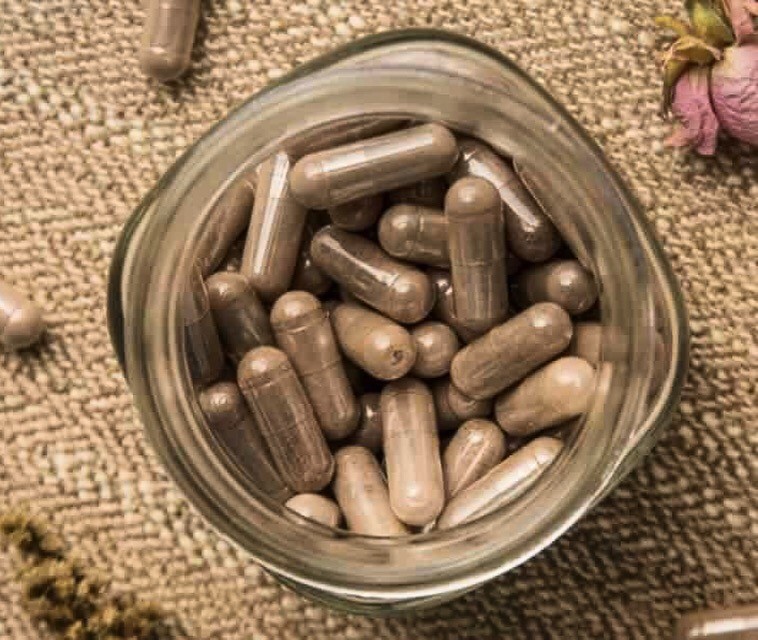
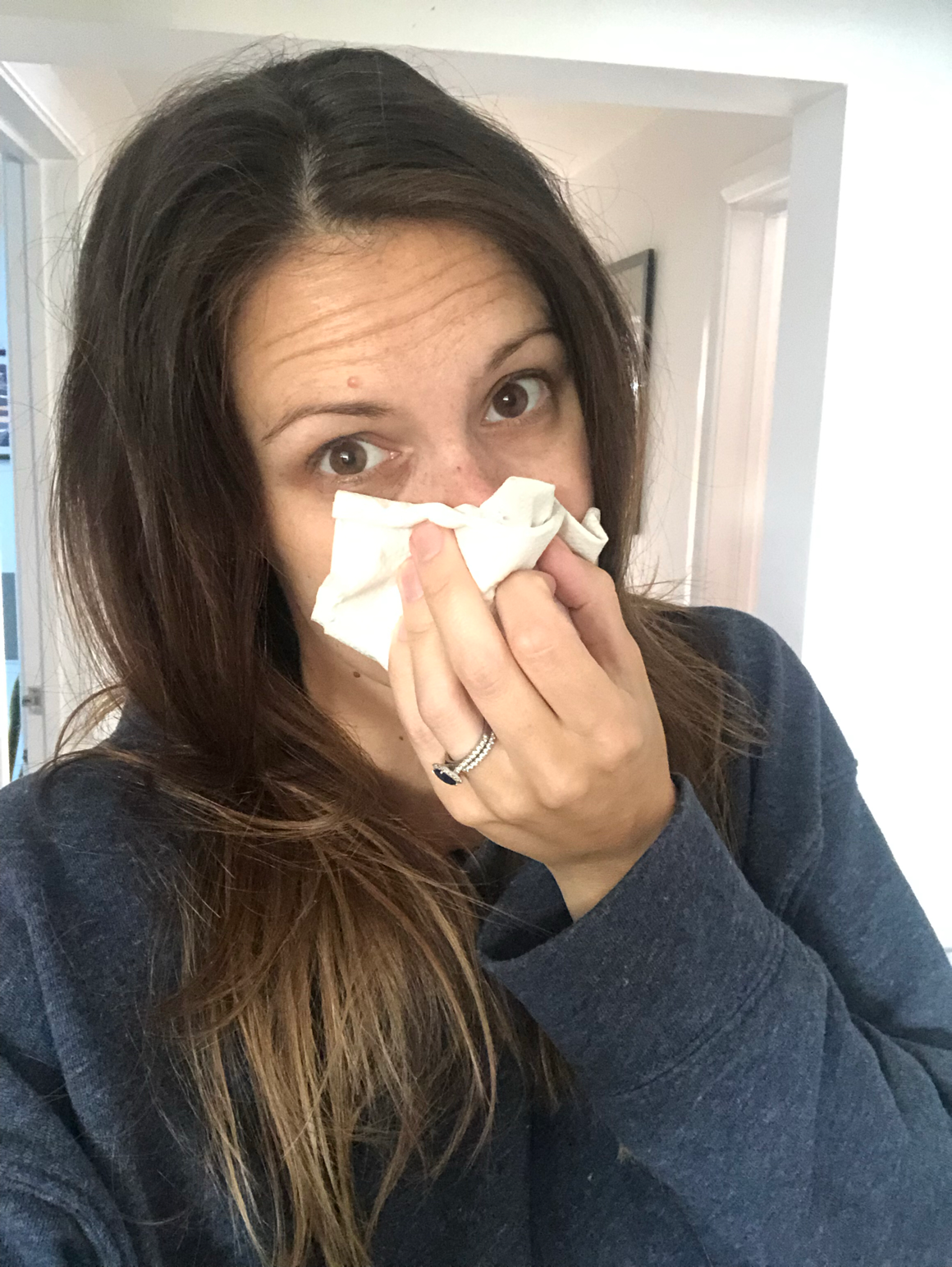
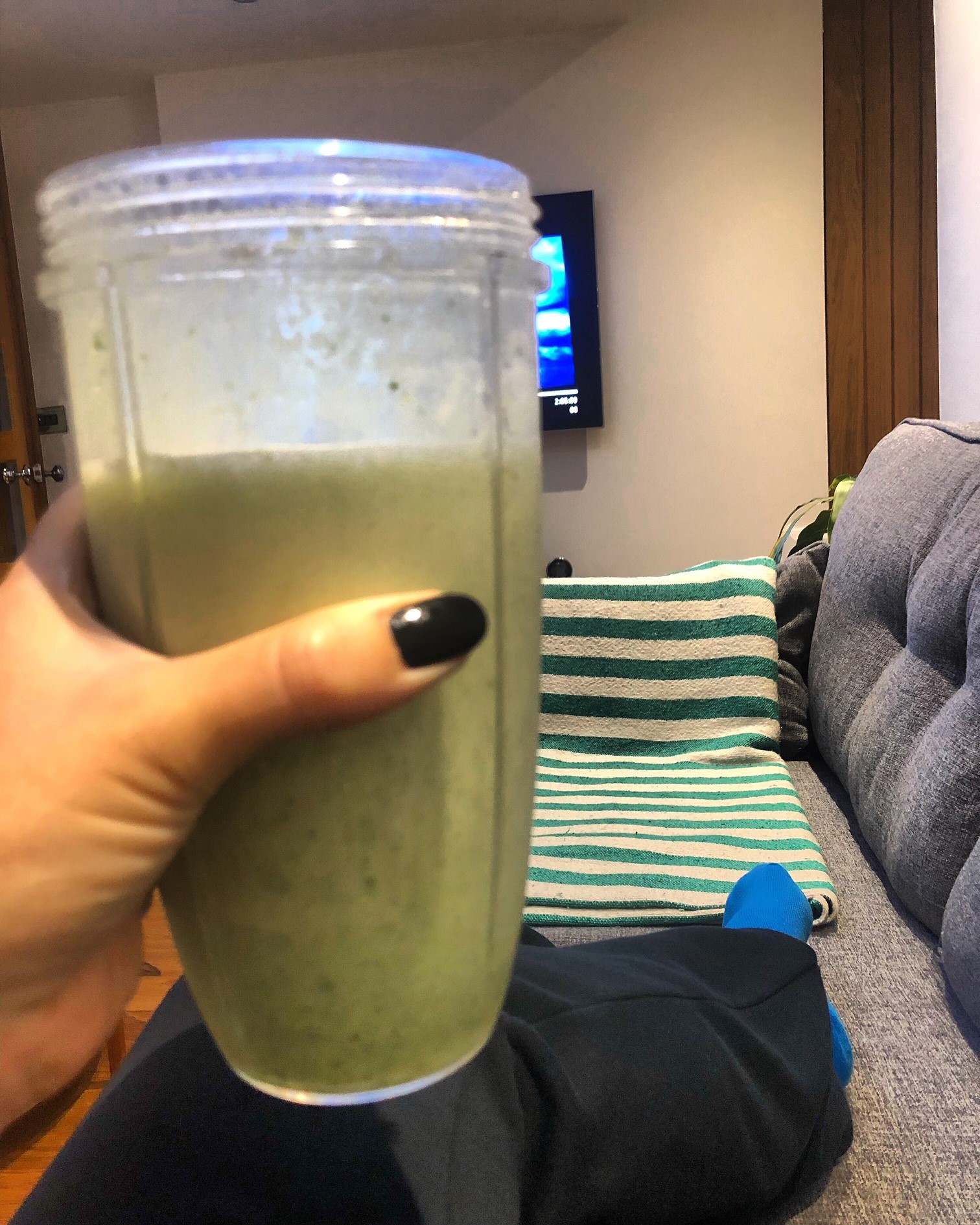
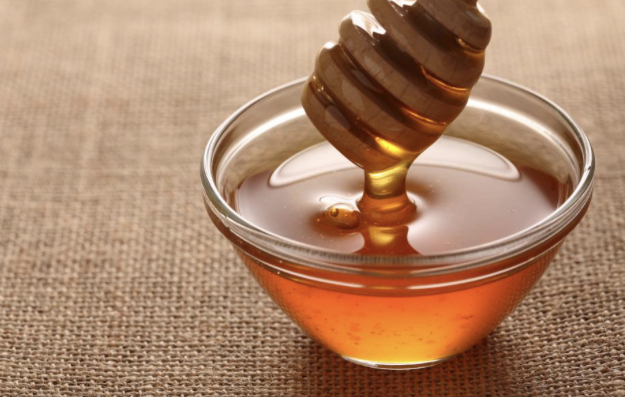
Recent Comments